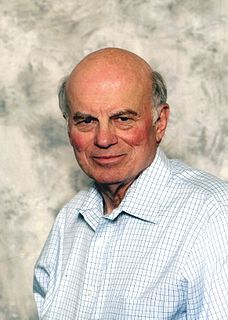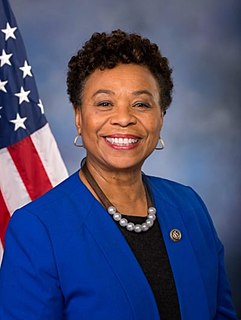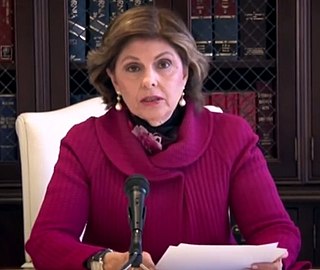A Quote by Esther Dyson
Well, take the evolution of the Electronic Frontier Foundation. It began as hackers' rights. Then it became general civil liberties of everybody - government stay away.
Related Quotes
The FBI wants Apple to write software code to help it break into the iPhone. Apple doesn't want to say this. Andrew Crocker, an attorney with the Electronic Frontier Foundation, or EFF, a digital civil rights group, says the government can't make you say what you don't believe. He looks to a Supreme Court case that began in New Hampshire.
When you expand the civil-rights struggle to the level of human rights, you can then take the case of the black man in this country before the nations in the UN. You can take it before the General Assembly. You can take Uncle Sam before a world court. But the only level you can do it on is the level of human rights. Civil rights keeps you under his restrictions, under his jurisdiction. Civil rights keeps you in his pocket.
On human rights, civil rights and environmental quality, I consider myself to be very liberal. On the management of government, on openness of government, on strengthening individual liberties and local levels of government, I consider myself a conservative. And I don't see that the two attitudes are incompatible.
Liberal Democrats in government will not follow the last Labour government by sounding the retreat on the protection of civil liberties in the United Kingdom. It continues to be essential that our civil liberties are safeguarded, and that the state is not given the powers to snoop on its citizens at will.
There's this big debate that goes on in America about what rights are: Civil rights, human rights, what they are? it's an artificial debate. Because everybody has rights. Everybody has rights - I don't care who you are, what you do, where you come from, how you were born, what your race or creed or color is. You have rights. Everybody's got rights.
I think that there’s going to be a rush to judgment on civil liberties, and a clamping down, a suspension of our democratic rights. And I believe that those who are good Americans would want to see this not happen and that we debate how to find a balance between the public safety and the protection of civil liberties.
[Before the Civil Rights Act of 1964], many governments in southern states forced people to segregate by race. Civil rights advocates fought to repeal these state laws, but failed. So they appealed to the federal government, which responded with the Civil Rights Act of 1964. But this federal law didn't simply repeal state laws compelling segregation. It also prohibited voluntary segregation. What had been mandatory became forbidden. Neither before nor after the Civil Rights Act were people free to make their own decisions about who they associated with.



































